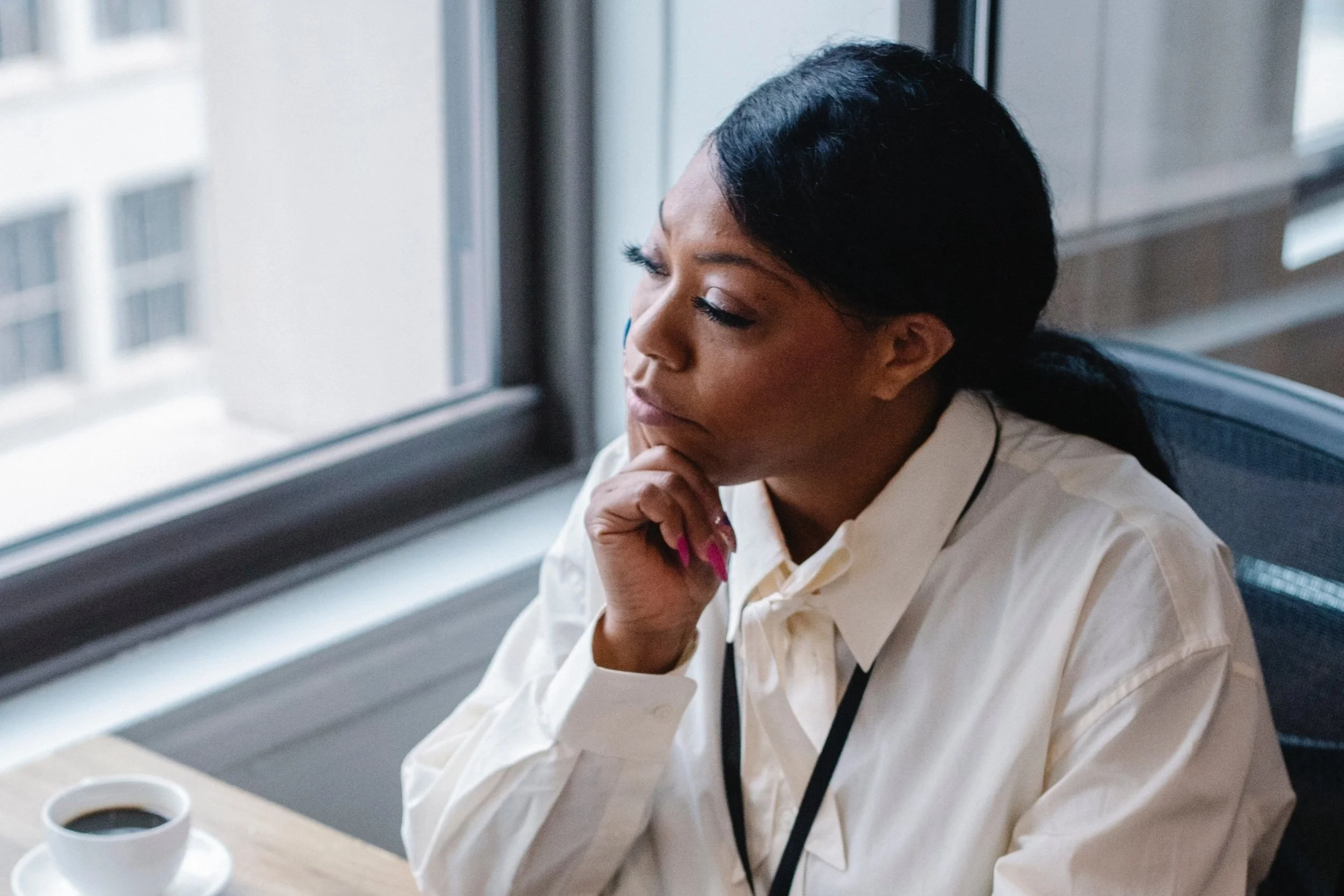The unlearning: A case study
The unlearning.
Sounds ominous? Or perhaps joyous?
Significant? Or perhaps minor?
In the article 'Inclusion starts with me', we explored how great leadership is defined by the stories we tell ourselves, created by our perception of events, assumptions, and at times, fears. What was discovered is that leadership has more to do with character, courage, and conviction (inner game) than skills, systems and competencies (outer game).
What story are you telling yourself about this? Where are you playing most of the time - in the inner game or outer game space? How is this serving you?
With the demands on productivity, engagement and growth, it is easy to slip into the outer game spiral for yourself and also what you are expecting, measuring and celebrating of your team.
One of our clients, Mary* had this very issue. After unpacking her current challenge and taking into consideration his 360 degree feedback, Mary identified a pattern. A conditioning. A learning.
After a number of restructures and leadership changes, what was being celebrated was speed - efficiency in delivery at all costs. As a result, Mary's relationships with her team started to fracture, with their feedback saying that Mary has perfectionistic expectations, struggled to delegate and had regular negative stress responses. The ah-ha moment for Mary was when thinking about how she behaved with her team after her latest meeting with her leader and the pressure she felt to be seen and heard, to have an opinion, to be the best using her skills, systems and competencies. She felt the need to drive her team hard and herself even harder. She lost count of the number of family dinners she had missed and school assemblies and other events she didn't attend, not because she couldn't, but because she didn't set boundaries at work. She felt as though she was out of her depth, disconnected, and the mention of imposter syndrome made her voice weak.
Mary's mindset was underpinned by a muddle of attitudes like:
Don't challenge authority
Status equals respect
I need to have the answer to every problem
I need to do everything myself
Enter, the unlearning.
Through coaching conversations, Mary started to distil root causes and consider what it was that she could control, and most importantly, the tangible actions to help her influence the necessary change.
Central to her commitment to change was Mary's mindset and giving herself permission to let go. Having the courage to look within and learn to unlearn.
Coaching helped to unlock:
What is the story she is now telling herself about the challenge at hand? How is she slowing down to speed up?
What does having courage to speak up now look like?
How is she engaging with her team members individually? How well does she know them? How well do they know her?
What are her strengths? What is she doing that is not aligned to her strengths and therefore not adding value?
How she can 'leave loud' and role model flexible working?
To help keep Mary on track with her change was the curious questions:
What will you notice that would tell you that the solution was present?
What will others (children, partner, leader, team members, peers etc.) notice about you? What will they say?
Unlearning is not about shutting things out. It is about creating a conscious awareness of our triggers, thoughts and behavioural patterns so that we can choose how we want to respond and be the change we want to see.
Mary* is an alias. It has been used to protect the privacy of our client for the purpose of this article.

